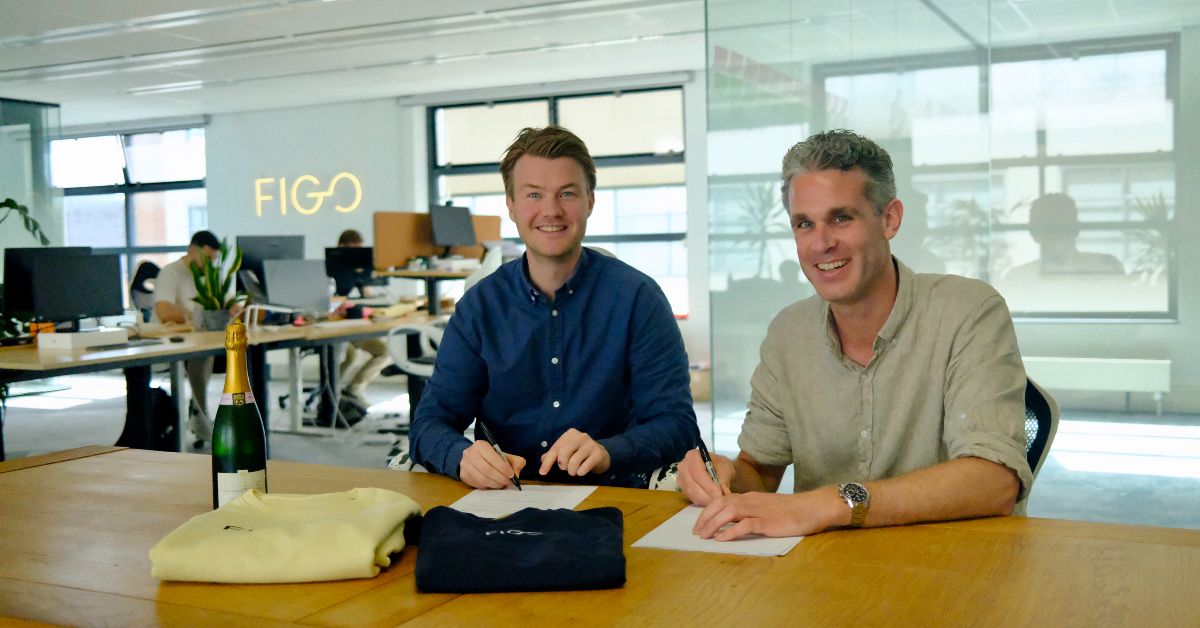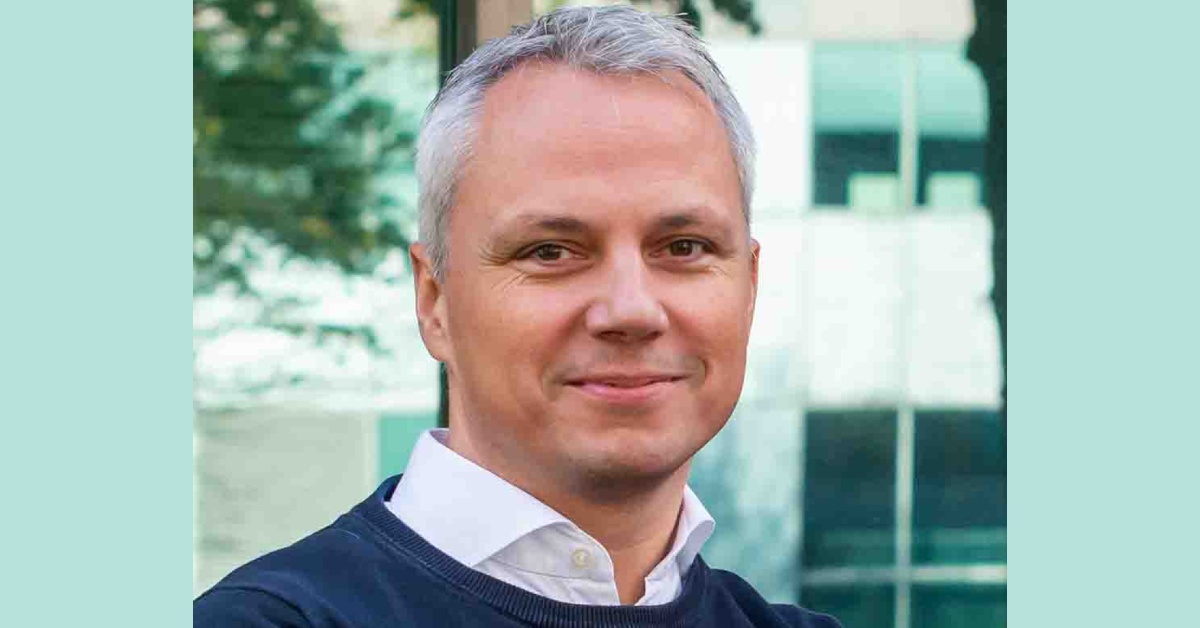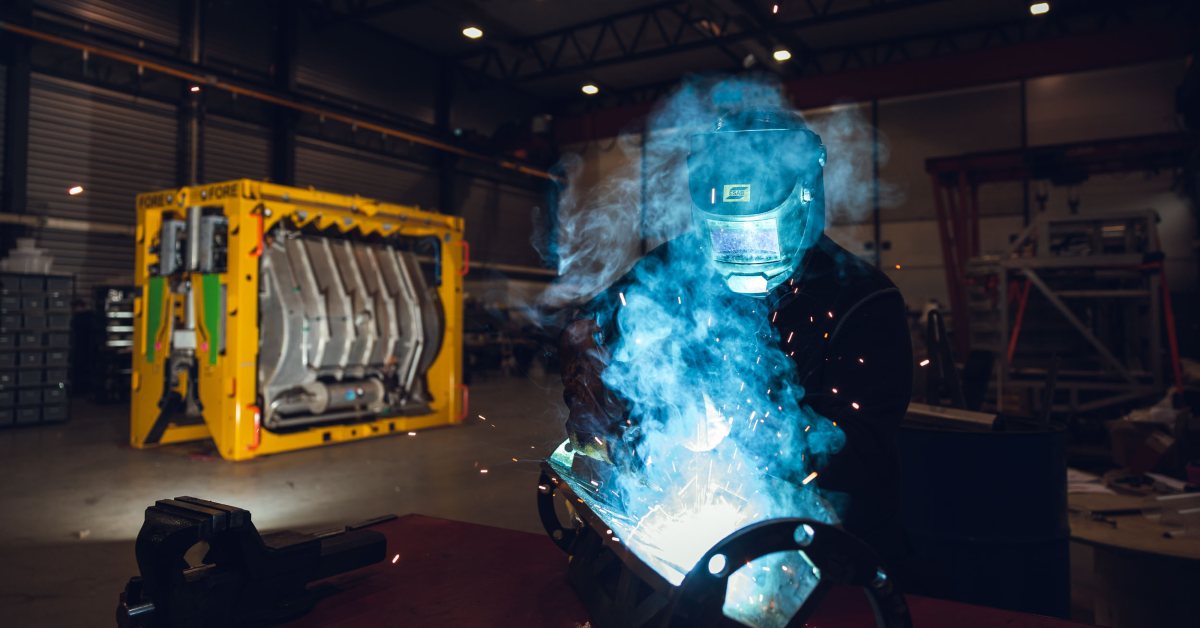Social media giant Facebook, which finds itself in the middle of a major backlash under accusations of spreading fake news and misinformation, announced on Thursday that it has changed its corporate name to Meta as part of a major rebrand.
The change does not apply to its individual platforms Facebook, Instagram, Whatsapp, and others, but only the parent company that owns them.
The rebranding was announced at the Facebook Connect augmented and virtual reality conference. CEO Mark Zuckerberg introduced Meta which brings together apps and technologies under one new company brand.
“Our corporate structure is not changing, however, how we report on our financials will. Starting with our results for the fourth quarter of 2021, we plan to report on two operating segments: Family of Apps and Reality Labs. We also intend to start trading under the new stock ticker we have reserved, MVRS, on December 1,” said the company.
Bringing the metaverse to life
When “The Facebook” launched in 2004, it changed the way people connect with each other.
Immediately after, the company had a rebranding in 2005 when it dropped “The” from “The Facebook.” And the now synonymous blue and white ‘f’ became part of the daily lives of billions of people around the globe.
Apps such as Messenger, Instagram, and WhatsApp further empowered people to connect and helped grow small and business alike. The company’s technologies will continue to help people connect, find communities, and grow businesses, it mentioned in a blog post.
But with Meta, identified by a slightly warped infinity symbol, the company aims to move beyond 2D screens and into immersive experiences like augmented and virtual reality to help build the next evolution in social technology. Meta’s focus is to bring the metaverse to life.
“The next platform will be even more immersive — an embodied internet where you’re in the experience, not just looking at it. We call this the metaverse, and it will touch every product we build,” says Zuckerberg.
The Metaverse
In the metaverse, users will be able to do almost anything imaginable – get together with friends and family, work, learn, play, shop, and create. The platform will be able to teleport users instantly as a hologram to be at the office without a commute, at a concert with friends, or in their parents’ living room to catch up.
The metaverse will be a hybrid of online social experiences expanded into three dimensions or projected into the physical world. It will let users share immersive experiences with other people without even being together — and do things together that they otherwise couldn’t do in the physical world. The company claims it’s the next evolution in a long line of social technologies.
“For me, it symbolises that there is always more to build, and there is always a next chapter to the story,” Zuckerberg said.
“Our hope is that within the next decade, the metaverse will reach a billion people, host hundreds of billions of dollars of digital commerce, and support jobs for millions of creators and developers,” he added.
The metaverse idea may take around 10-15 years to become a reality, if it becomes reality at all. The company recently invested $50M (approx €43.1M) in global research and program partners to help build the metaverse responsibly.
Here’s a video that explores how one might use the metaverse one day.
The company has also introduced a line of Portal video-calling devices, launching the Ray-Ban Stories glasses, and rolling out different versions of the Oculus virtual-reality headsets. It believes augmented and virtual reality will be a key part of its strategy in the coming years.
Facebook to create 10,000 jobs in the EU
Earlier this month, Facebook announced that it will create 10,000 new high-skilled jobs within the European Union (EU) over the next five years to build the metaverse. The social media giant is focused on recruiting highly specialised engineers in Germany, France, Italy, Spain, Poland, the Netherlands, and Ireland.
Nick Clegg, Facebook’s head of global affairs, and Javier Olivan, VP of central products, mention in a blogpost that, “Europe is hugely important to Facebook. From the thousands of employees in the EU to the millions of businesses using our apps and tools every day, Europe is a big part of our success, as Facebook is invested in the success of European companies and the wider economy.”
Facebook’s woes
Earlier this month, Frances Haugen, who worked as a product manager on Facebook’s civic misinformation team, accused the company of prioritising profit over safety repeatedly.
Haugen testified before the US Congress and a select committee of UK parliamentarians. EU lawmakers are also calling on Haugen to appear at a parliamentary hearing in November.
Also according to an investigation by the The Washington Post, Facebook withheld important information about vaccine misinformation from policymakers during the pandemic. Zuckerberg described the reports as a “coordinated effort to selectively use leaked documents to paint a false picture of our company”.
Among other things, the reports have also claimed that the social media giant sat on research that showed Instagram harmed teenage mental health.
The rebranding is also being seen as an effort to steer the company away from the backlash it has faced.
Although Neal Stephenson’s metaverse, the term coined in his 1992 science fiction novel Snow Crash, envisioned it as a dispersed, and constructed and managed via standards space, it is to be seen how one company’s domination will shape it eventually in reality.
Reactions to the rebranding
Following the rebranding, many users took a dig at Meta. Twitter, which is considered to be Facebook’s arch-nemesis as a social platform, says, “BIG NEWS lol jk still Twitter”.
Many users also took it to Twitter with inspiring puns.
Fans referenced former NBA player Metta World Peace who changed his name again in 2020 to Metta Sandiford-Artest.
One user even joked about the sequel of the movie “The Social Network”










01
From telecom veteran to Dutch Startup Visa success: The Jignesh Dave story